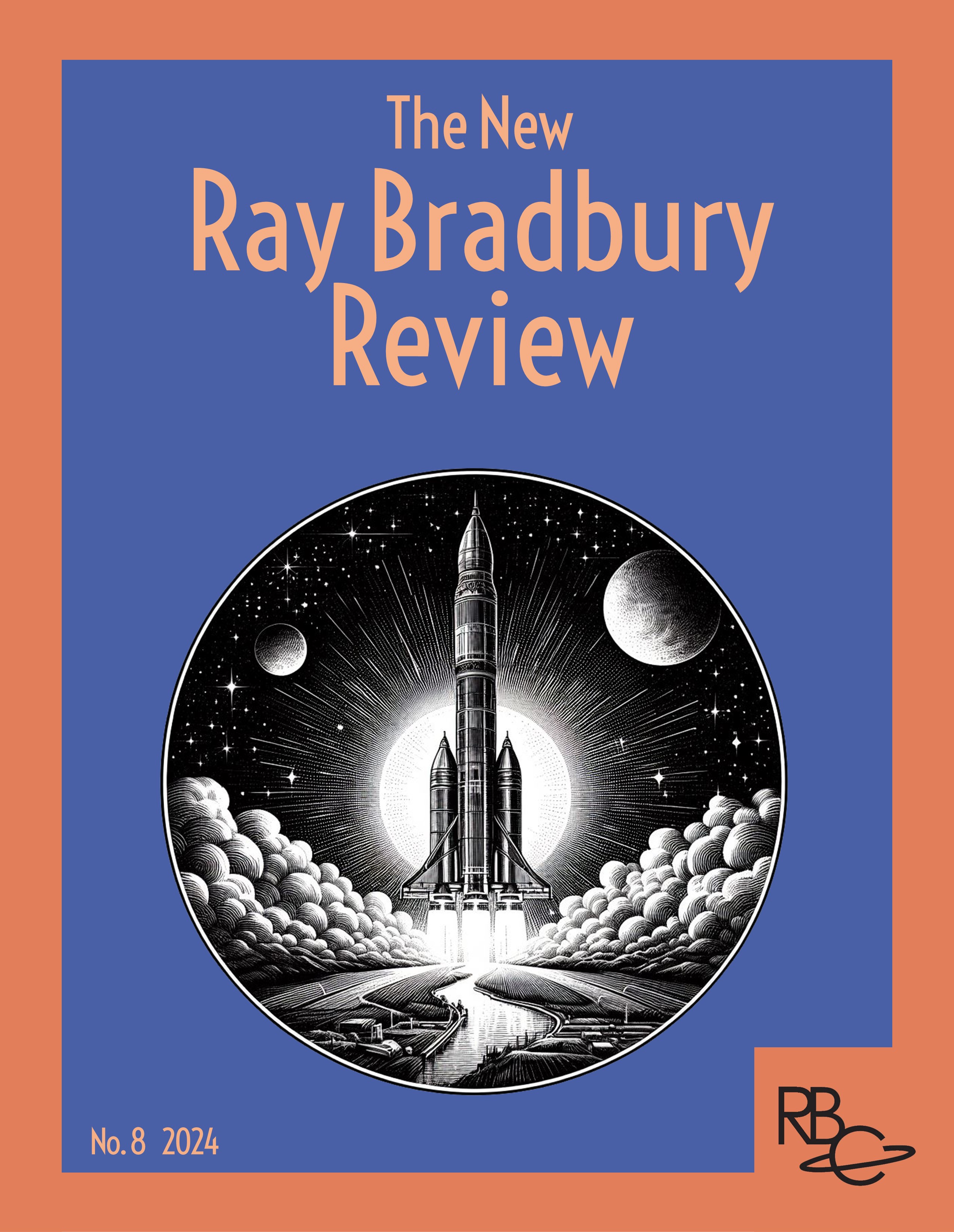Ulysses in Space
Ray Bradbury’s “Rocket Man” as a Tennysonian Traveler
DOI:
https://doi.org/10.18060/28539Keywords:
The Rocket Man, Tennyson, Ulysses, astronautAbstract
This essay addresses the yet unexplored parallels between Ray Bradbury’s “The Rocket Man” (1951) and Alfred, Lord Tennyson’s dramatic monologue, “Ulysses” (1842). Each features a restless adventurer, dissatisfied with domesticity, who finds his duties absurd. He is alienated from his family, which he neglects to pursue his desire to explore new worlds, or in the case of Bradbury’s astronaut, blast off into outer space.
I argue that in Bradbury’s universe, outer space functions like the wine-dark sea in “Ulysses.” It represents the call to adventure and the thrill of discovery. But it is also fraught with dangers—both physical and emotional. For both explorers, space/sea is a destination, an obsession, and an intrinsic aspect of their identity. Space/sea is a part of their nature, but also the source of their isolation and despair. Where Tennyson gestures to Ulysses as a tragic figure, Bradbury fully develops his astronaut as a deeply conflicted man.
I further contend that while Bradbury parallels much of Tennyson’s narrative, he intends “The Rocket Man” as more than mere analogy. By giving voice to characters that Tennyson silences, Bradbury underscores the “ironic interpretation” of “Ulysses” which frames the poem as less a celebration of dauntless adventurers, and more a lament for aging men who cause their loved ones to suffer by refusing to accept mortality.
Downloads
Published
How to Cite
Issue
Section
License
Copyright (c) 2024 John M. Gillespie

This work is licensed under a Creative Commons Attribution-NonCommercial 4.0 International License.
The New Ray Bradbury Review is published under an Attribution-NonCommercial 4.0 International (CC BY-NC 4.0) Creative Commons License. All content is freely available without charge. Readers are permitted to read, download, copy, distribute, print, search, or link to the full texts of the articles, or use them for any other lawful purpose, without asking prior permission from the publisher or the author(s).


